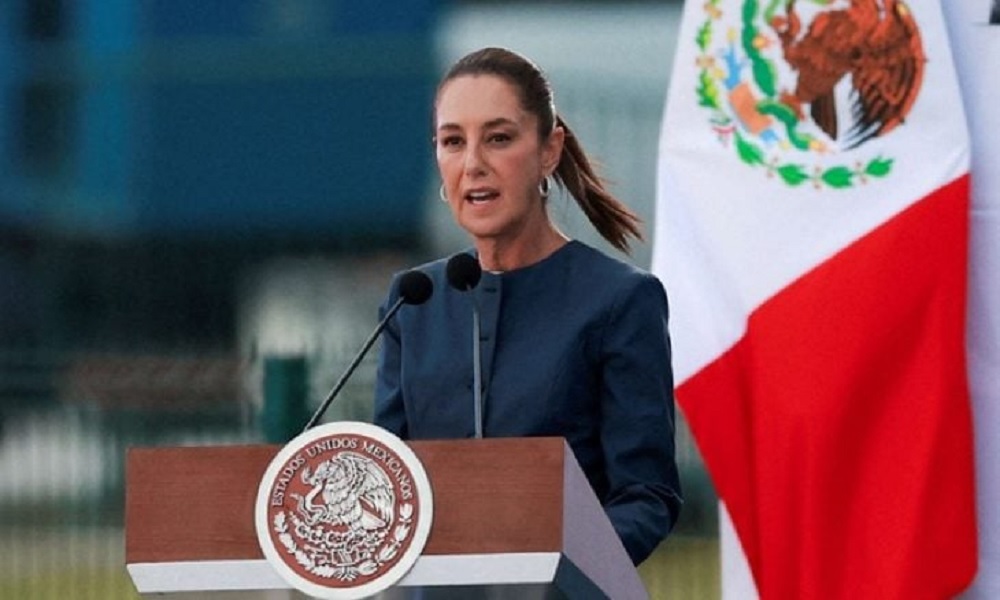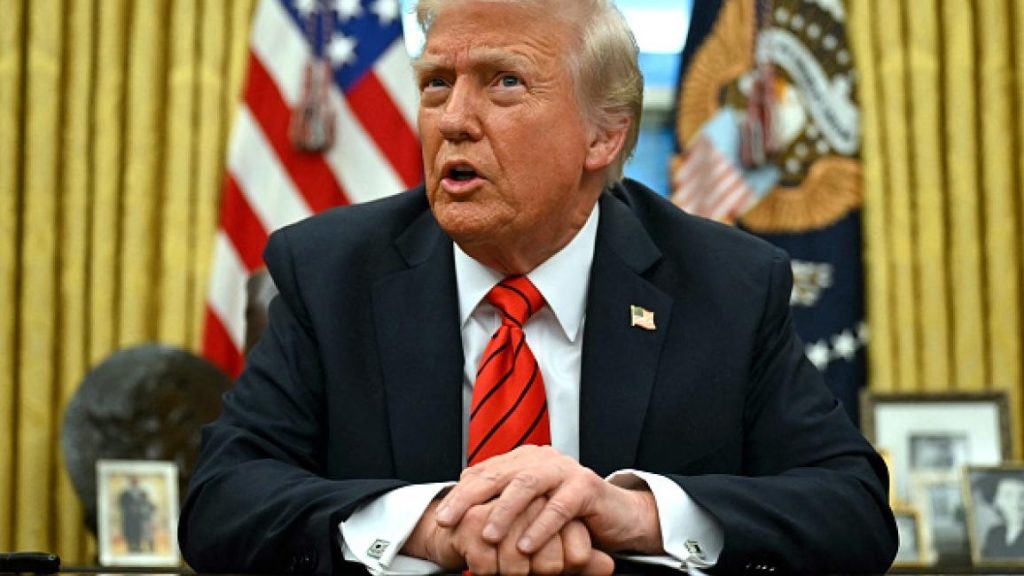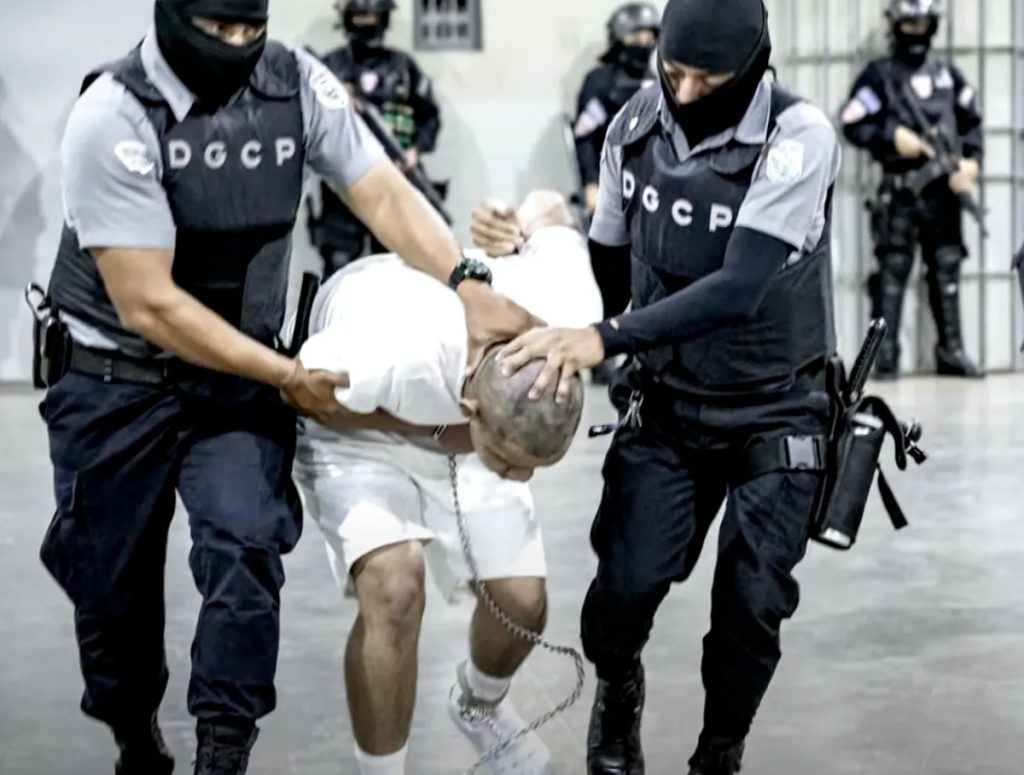Trump Considers Military Strike in Northern Mexico to Combat Drug Cartels
With Drones Already Flying Over Mexican Territory, Tensions Rise as Trump Pushes for Direct U.S. Military Intervention Against Fentanyl Traffickers.

Watan-Although former U.S. President Donald Trump has not declared any new wars, he may be edging toward a military intervention in northern Mexico, citing the need to fight drug cartels—a move that could seriously escalate tensions in the Americas.
Trump did not launch any new wars during his first term (2017–2021), nor in the current one, though he continues some military actions inherited from his predecessors, such as airstrikes in Yemen. However, the only new intervention he appears willing to risk is a limited military action in northern Mexico targeting drug trafficking cartels.
American drones have already begun flying over northern Mexican regions, causing political embarrassment for the Mexican president and military. This idea is not new in Washington—it has been considered by U.S. presidents since the early 2000s. Former President George W. Bush even attempted to negotiate a similar agreement with Mexico.

On April 16, The Wall Street Journal reported that Trump proposed, in a phone call with Mexican President Claudia Sheinbaum, that U.S. elite forces lead operations against organized crime within Mexico to curb drug exports, particularly the deadly synthetic drug fentanyl. Sheinbaum responded firmly: “Our land and our sovereignty are protected.”
Trump confirmed his military proposal and doubled down, accusing Sheinbaum of being “too afraid of the cartels to think clearly.”
According to El País, the Trump administration is internally divided—some advisors support intervention to halt narcotic flows, while others warn it could severely damage U.S.-Mexico relations.
Mexico’s El Universal newspaper ran a headline this week: “What Would Happen If the U.S. Intervened Militarily in Mexico?” The article claims Trump is pushing to deploy American troops on Mexican soil to fight drug cartels, a proposal Mexico has strongly rejected due to potential international backlash, internal unrest, and fears of rebellion.
The U.S. once signed a similar agreement with Colombia in 1999. While it included military support, it failed to reduce drug exports and led to massive displacement, human rights violations, and targeted assassinations.
El Universal warned that, given Colombia’s experience, similar coordination in Mexico would have catastrophic consequences.
Trump appears to be paving the way for limited military involvement in Mexico—or at least for forced security coordination—especially after six Mexican drug cartels were designated as terrorist organizations on February 20. This designation allows the U.S. military to operate outside its borders to eliminate “terror threats” if authorized by the president.
Coinciding with this move, American MQ-9 drones began flying over northern Mexico to monitor cartel activity—further pressuring the Mexican leadership in the eyes of its citizens.

Trump has already “militarized migration” by using the military against migrants coming from Mexico, and may now adopt a similar approach against drugs—starting with drone surveillance of suspected fentanyl labs, and potentially targeting them with airstrikes.
Fentanyl is seen as the most pressing threat to the U.S., with more than 87,000 Americans dying from drug overdoses—mostly from fentanyl—between October 2023 and September 2024. Trump has also accused China of producing fentanyl through Mexican cartels, claiming it is being smuggled into the U.S. to destroy American society.






